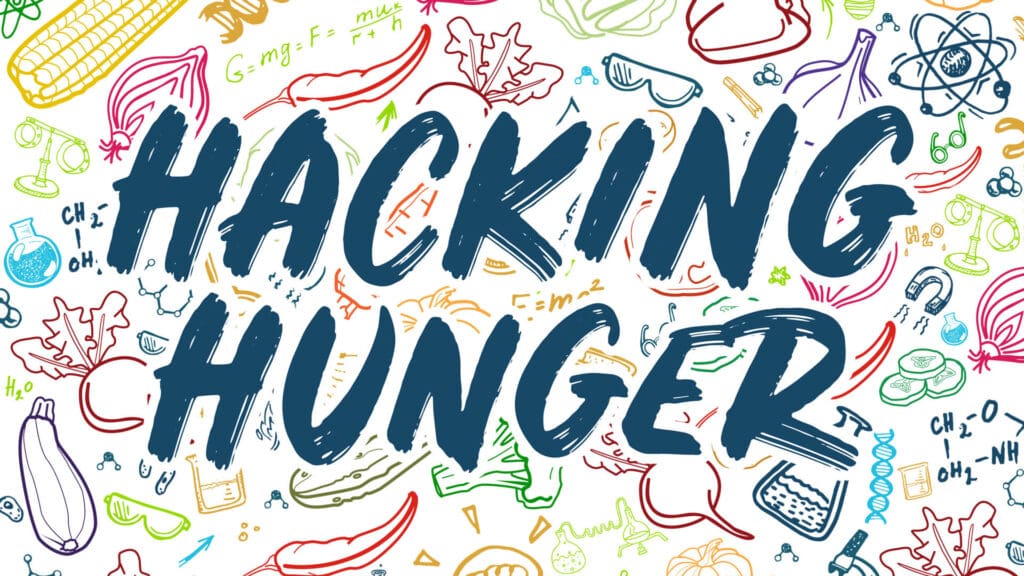Hacking Hunger – Episode 27: The Logistics of Hope
Diko Amariah has been on both sides of humanitarian aid, first as a child refugee and now as an aid worker in South Sudan, where five years of conflict have pushed millions of people—especially women and girls—to the brink of famine.
In South Sudan one of the biggest threats – besides conflict – is rain. Diko knows this all too well. “When the rain starts, sometimes it’s just impossible to get to the road,” she explains. “It’s a really long season that really destabilizes most operations.”
In this episode of Hacking Hunger, M.J. talks to Diko about delivering emergency supplies in one of the world’s most dangerous conflict zones and how she maintains faith in a brighter future for her country.
Guest Bio: Diko Amariah
Diko Amariah works for the Logistics Cluster, a coalition of international aid agencies led by the U.N. World Food Programme (WFP) that coordinates the transportation of humanitarian supplies and staff to some of the planet’s most remote and dangerous areas. She is based in her home country of South Sudan, where ongoing violence, poor infrastructure and torrential rain makes reaching families in need incredibly difficult. In her role, Diko oversees the delivery of massive amounts of emergency cargo by air to reach the most vulnerable.
As a former refugee, Diko once relied on emergency food assistance to survive. “Working for WFP is a dream come true. As a child, I received WFP assistance and I feel now it’s my turn to ensure others—especially women and girls—receive it as well.”
When asked about the night five years ago that conflict broke out in South Sudan, she recalls:
“My family called me. They called me that night. They were going to other areas seeking refuge because Juba was on fire. There was no safe place. They disappeared and looked for refuge somewhere. And they were just keeping me informed that not everything was okay. That people are back to war.
Of course, it’s bad news. My family was going through a lot in Juba and I was away from home. At one point, I felt, let me just go and be with my people. If we’re going to die, we should go ahead and die together.”





